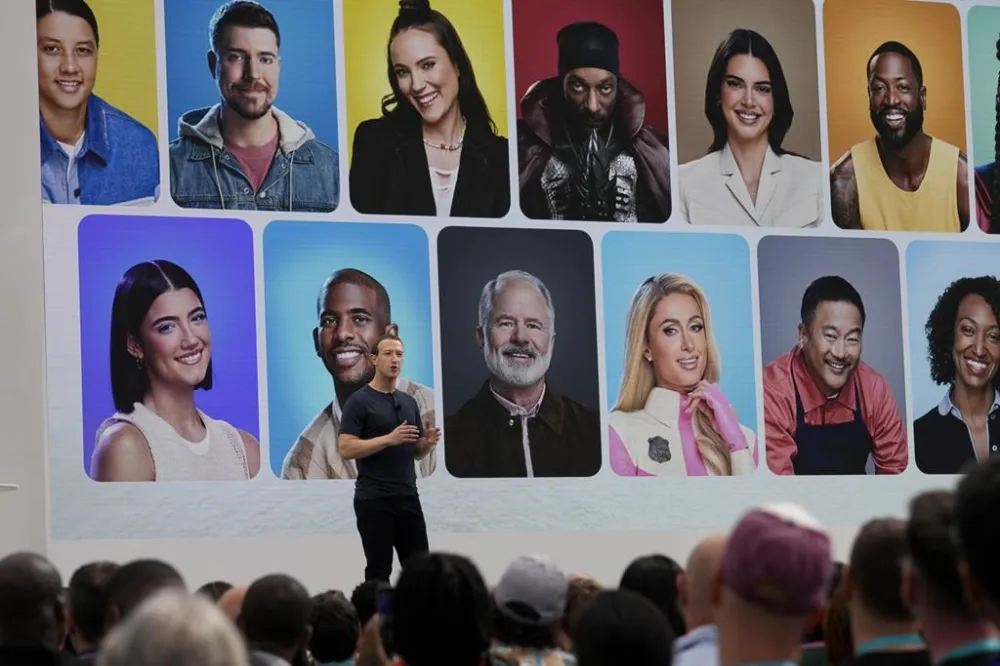Meta’s CEO, Mark Zuckerberg, commenced the Connect developer conference with a spotlight on virtual and augmented reality (VR/AR) and artificial intelligence (AI).

Meta’s CEO, Mark Zuckerberg, commenced the Connect developer conference with a spotlight on virtual and augmented reality (VR/AR) and artificial intelligence (AI). The tech giant, formerly known as Facebook, introduced the highly anticipated Quest 3, the latest iteration of its virtual reality headset. Priced at $499, it is slated to start shipping on October 10.
Speaking from the courtyard at Meta’s Menlo Park headquarters, Zuckerberg outlined the company’s dedication to shaping the future of human connection, envisioning a near-future where individuals engage with holographic versions of friends, coworkers, and AI-driven bots designed to assist them. He painted a picture of the “metaverse,” a convergence of the physical and digital realms.
Zuckerberg introduced an AI-powered personal assistant accessible through Meta’s messaging apps, along with a playful array of AI characters like “Max the sous chef” and “Lily, a personal editor and writing partner.” He hinted at more such innovations in the pipeline.
The Connect developer conference also witnessed the unveiling of Meta’s upgraded Ray Ban Stories smart glasses. These glasses, priced at $299, enable users to capture photos and videos, livestream content, listen to music, and interact with the Meta AI assistant. Zuckerberg emphasized the potential of smart glasses in enabling AI assistants to see and hear what users experience.
Meta is currently in the midst of a strategic overhaul, aiming to transition from a social media provider to a dominant force in the emerging virtual-reality landscape, referred to as the metaverse. Despite its ambitious goals, this transformation has encountered delays and significant financial investments. Meta’s core revenue source remains advertising on platforms like Facebook and Instagram, and it faces fierce competition from TikTok.
Yoram Wurmser, an analyst at Insider Intelligence, noted that maintaining user engagement through features like chatbots and stories presents a formidable challenge for Meta in this competitive environment.
In response to economic challenges, Meta has trimmed its workforce by over 20,000 jobs since last November. Zuckerberg labeled 2023 as the “year of efficiency,” focusing on workforce optimization and recruiting technical experts, particularly in AI, to align with Meta’s long-term vision.
Artificial intelligence plays a central role in Meta’s forward-looking strategy. This summer, Meta introduced the latest version of its AI language model, Llama 2, offering it for research and commercial use. At the conference, they also unveiled an AI image generator named Emu, capable of creating images based on user prompts.
As with industry peers Google and Microsoft, Meta has maintained a robust research team dedicated to advancing AI technology. However, it now faces increased competition with the surge in “generative AI” tools, exemplified by the release of ChatGPT.
Zuckerberg emphasized that users can access the new AI models directly or through a partnership with Microsoft’s Azure cloud platform, which also offers enhanced safety and content management tools.